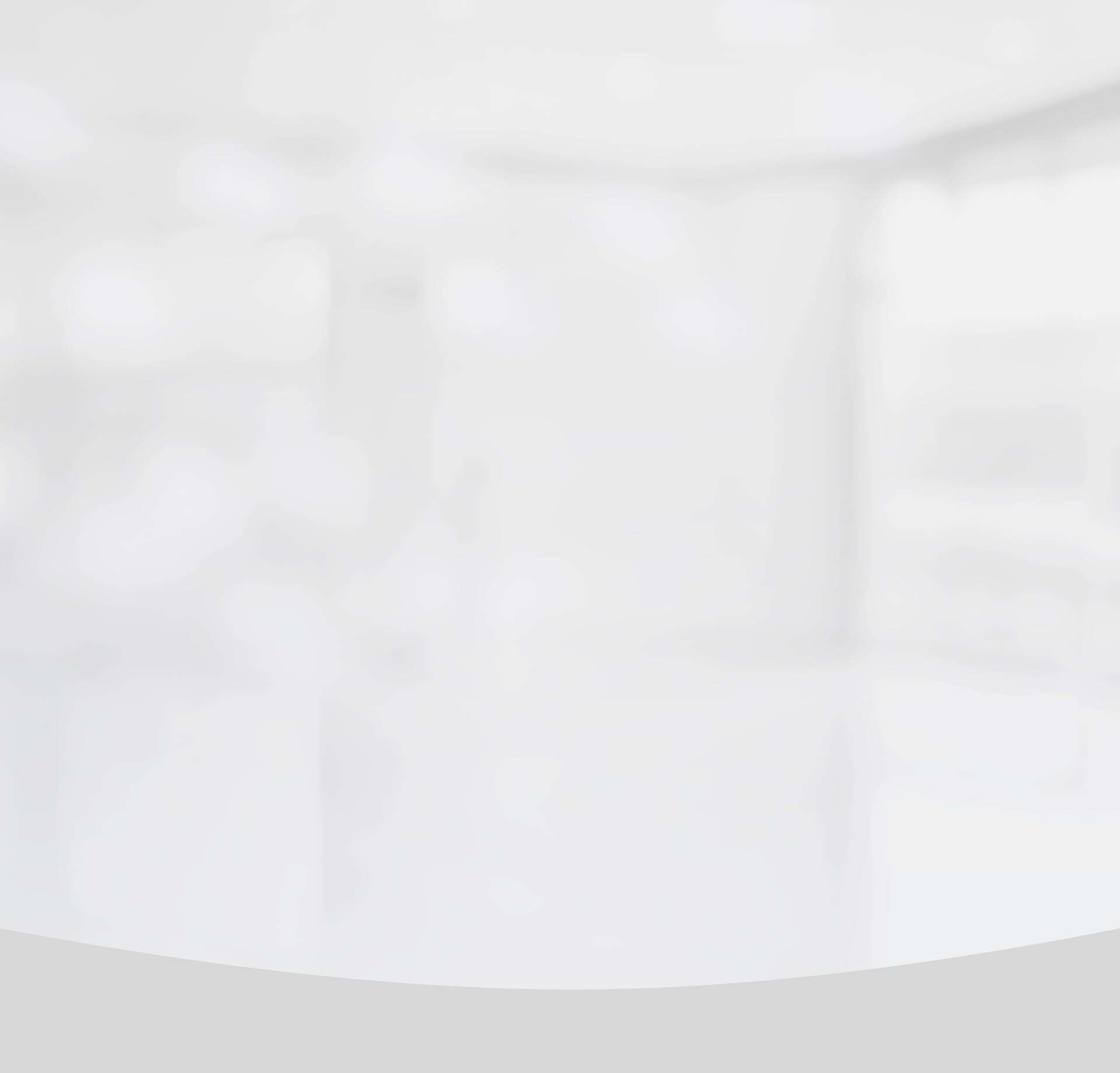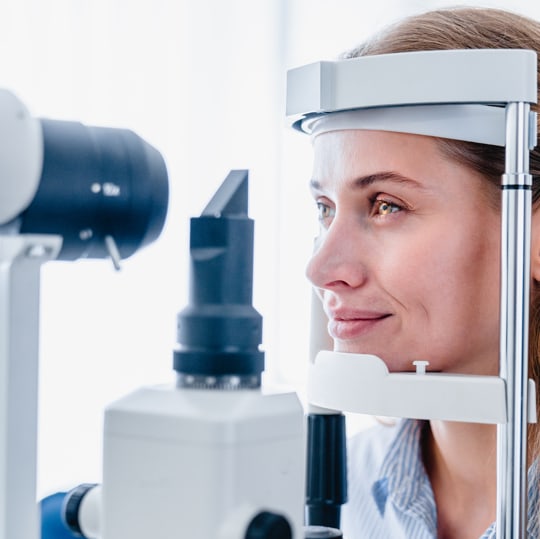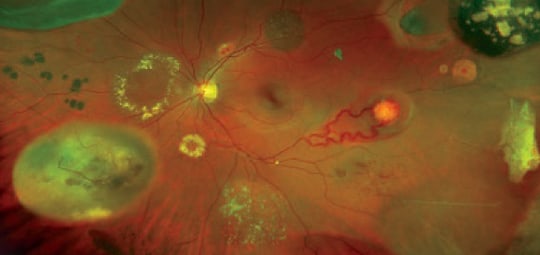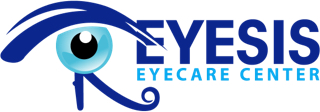Contemporary & Compassionate Care
Our goal at Eyesis Eyecare is to combine modern diagnostic technology with compassionate care to address a spectrum of eye diseases. Our commitment to your eye health goes beyond routine exams.
We leverage modern tools and techniques, such as optical coherence tomography (OCT) and retinal photography, to detect and manage eye conditions like cataracts, glaucoma, and age-related macular degeneration (AMD). Book an appointment with us today to see the difference our commitment to care can make.
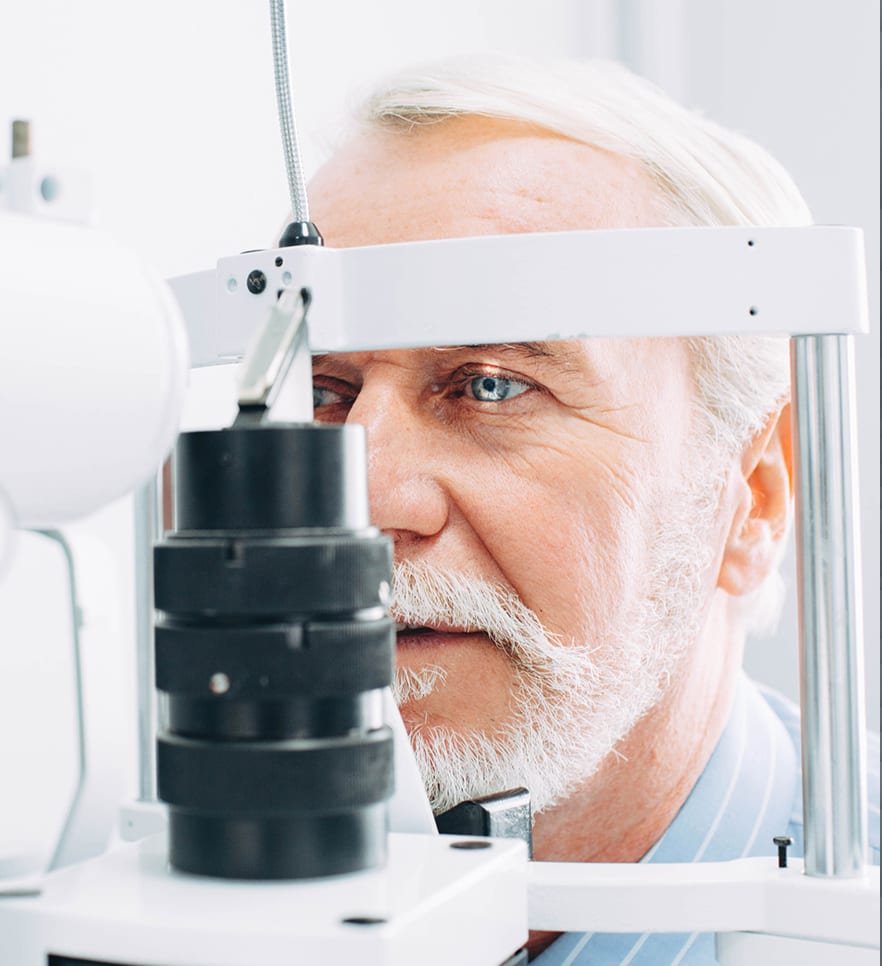
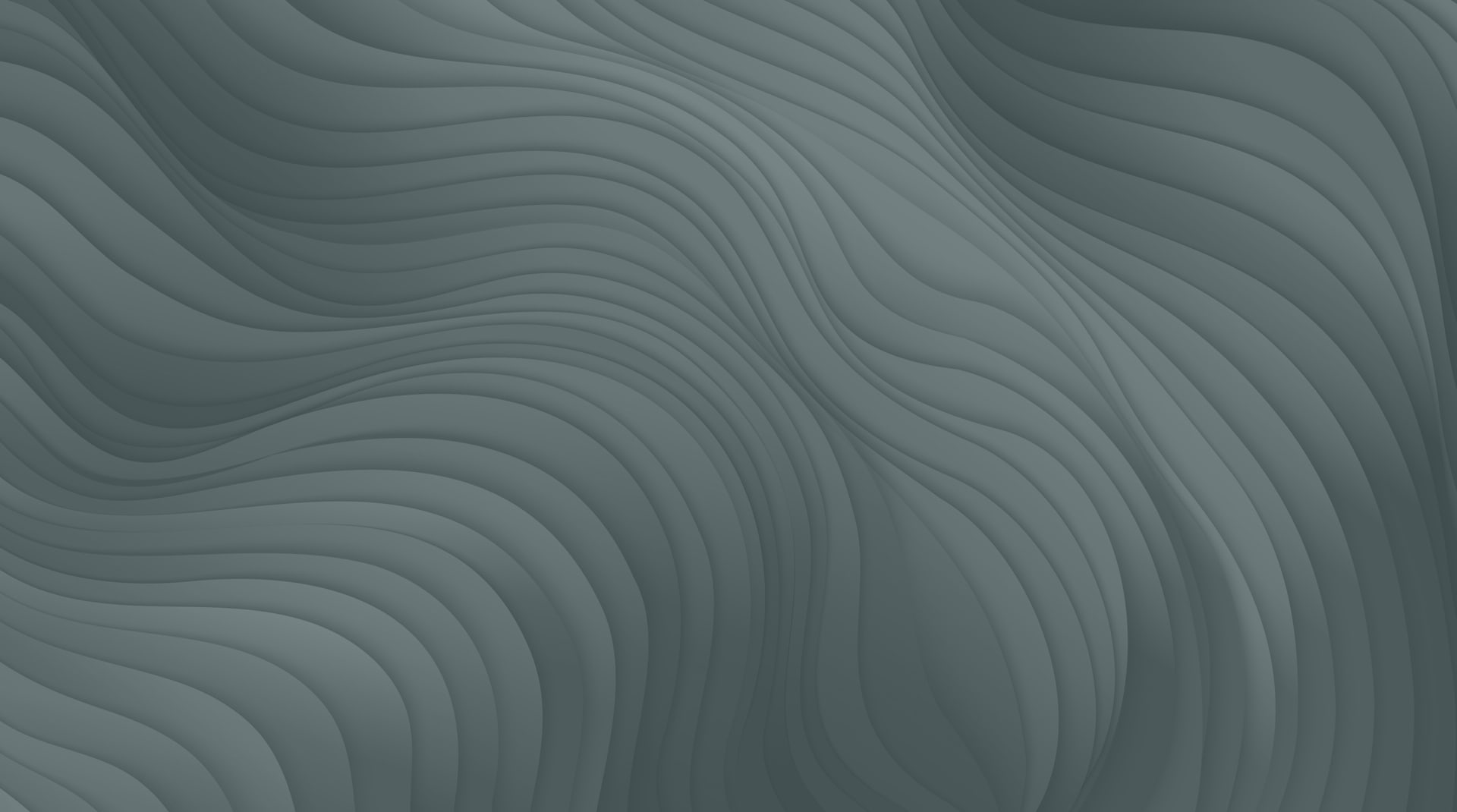
Early Detection & Treatment
In understanding the critical role of early detection, we emphasize proactive measures for managing and preserving your eye health. Regular eye exams are a key part of our process and something we encourage for all our patients.
Detecting issues in their infancy helps us provide timely interventions and can create positive outcomes for the course of your treatment—and your overall eye health.

Our Diagnostic Technology
At Eyesis Eyecare, our goal is to provide accurate and detailed insights into your eye health. Our diagnostic arsenal includes optical coherence tomography (OCT), a non-invasive imaging technique that captures high-resolution, cross-sectional images of your retina.
OCT helps us detect and monitor conditions affecting the retina and optic nerve, such as glaucoma. Additionally, our use of retinal photography helps us get a comprehensive view of the back of your eye, aiding in the identification of various eye diseases.

Which Eye Conditions Can Be Detected in an Eye Exam?
An eye exam can be a powerful tool for detecting and managing various eye diseases, contributing to the overall well-being of your eyes. During an eye exam at Eyesis Eyecare, we can identify and address many eye conditions, such as:
We take the time to thoroughly explain the conditions affecting your eyes and recommend personalized courses of action. We like to help each patient feel empowered and in control of their eye health and vision.
Comprehensive Exams with Optomap
Many eye problems can develop without you knowing. In fact, you may not even notice any change in your sight. Fortunately, diseases or damage such as macular degeneration, glaucoma, retinal tears or detachments, and other health problems such as diabetes and high blood pressure can be seen with a thorough eye exam that includes an examination of your retina.
To get a detailed look at your eyes, we use an optomap device as an important part of our eye exams. The optomap device can produce a high-resolution, 200° image of your eye to help us to explore your retina’s health—much wider than a traditional 45° image.
The optomap device is designed to be fast, easy, and comfortable for anyone. The entire imaging process consists of you looking into the device one eye at a time.
As part of your comprehensive eye exam, an optomap can provide:
- A scan to assess your eye health and detect diseases.
- A view of your retina, giving your doctor a more comprehensive view than they may be able to get by other means.
- The opportunity for you to view and discuss the optomap image of your eye with your doctor at the time of your exam.
- A permanent record for your file, which allows us to view your images each year and monitor changes to your eye health.
Common Eye Diseases
There are several diseases that can affect your eye health. We can help you learn about the common eye diseases that we see, what characterizes them, and some of the effects they can have on your vision if left untreated.
During your eye exam, we can answer any questions you may have about these conditions—or any other issues that may be affecting your eyes.
Cataracts, characterized by the gradual clouding of the eye’s lens, are a common age-related condition. Clouding from cataracts can affect your vision, leading to symptoms such as blurred vision, difficulty seeing in low-light conditions, and increased sensitivity to glares.
While cataracts are often a natural part of aging, their impact on daily life can be significant. In many cases, they can be effectively managed through surgical intervention used to restore clarity and sharpness to your vision.
AMD is a progressive eye condition affecting the macula, the central part of the retina responsible for detailed vision. As AMD advances, central vision can become distorted or lost, making activities like reading or recognizing faces challenging.
Early detection through routine eye exams is important for implementing strategies to slow AMD progression and preserve your remaining vision.
Glaucoma refers to a group of eye conditions characterized by vision loss and damage to the optic nerve—often as a result of increased eye pressure. Glaucoma can develop slowly, with symptoms appearing only in advanced stages of progression.
Routine eye exams are essential for the early detection of glaucoma, enabling timely intervention to lower intraocular pressure and prevent further optic nerve damage. Managing glaucoma early can help preserve your vision and prevent irreversible vision loss.
Commonly known as pink eye, conjunctivitis is an inflammation of the conjunctiva, the clear tissue covering the white part of the eye and the inner eyelid. It can be caused by infections, allergies, or irritants. Symptoms of conjunctivitis include redness, eye irritation, watery eyes, and discharge.
Proper diagnosis and treatment are essential to address the underlying cause of conjunctivitis and relieve your symptoms.
Flashes of light or floating specks in your vision may indicate issues with your retina, such as retinal detachment or vitreous detachment. These symptoms may require immediate attention to prevent vision loss, or they may be a sign of other health issues affecting your eyes and body.
Book Your Appointment Today
Your vision is a precious gift, and at Eyesis Eyecare, we are dedicated to safeguarding it. Schedule your eye exam with us, and let our experienced team provide you with comprehensive diagnostic testing and personalized care.
Don’t compromise on your vision health—book your appointment now and take the first step towards lifelong visual well-being.
Our Brands









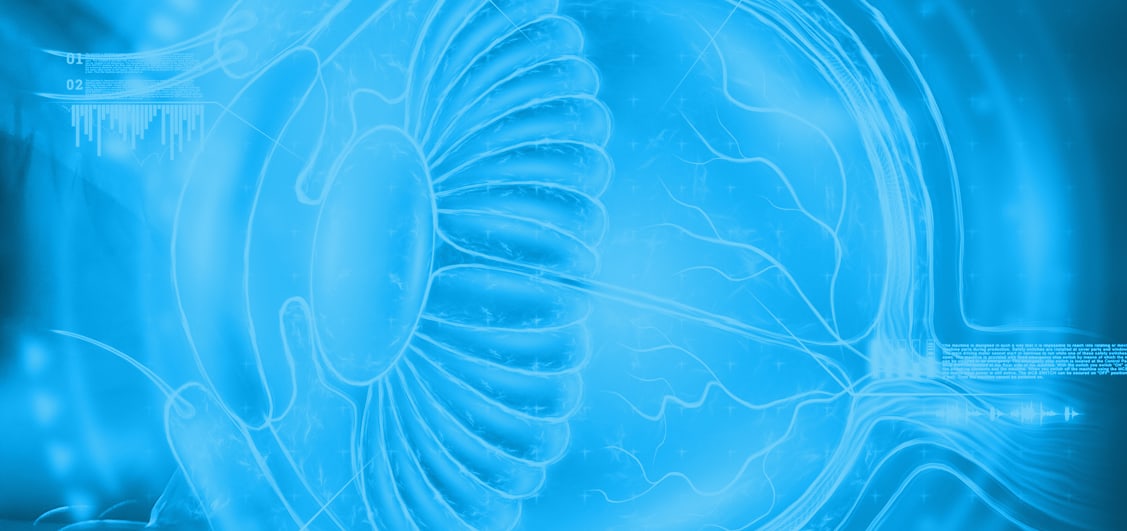
Protecting Your Eyes & Vision Is What We Do
Our clinic is fully equipped with modern technology used to manage eye conditions, such as macular degeneration, glaucoma, cataracts, diabetes, and retinal diseases. We’re ready to support your eye health.
When it comes to keeping your eyes safe at work, we value providing safety glasses that meet your needs. No matter your field of work, we can help give your eyes the protection they deserve.

Why Choose Us?

We have been serving Calgary families for decades.

Routine eye exams for children & seniors with a valid Alberta Health Care card are fully covered in our clinic.

We provide eye exams for children with disabilities & special needs.

We welcome emergency eye care patients. Visits are covered under Alberta Health Care.

Our expertise & knowledge always shine through.

We pride ourselves on providing full, comprehensive eye exams without hidden charges.

Our clinic can provide services in both Spanish & Punjabi in addition to English.

Come Visit Us in Southeast Calgary
How to Find Us
Eyesis Eyecare is located in the Riverbend Shopping Centre on 18th Street SE, near the VCA Canada Riverbend Animal Hospital.
Our Clinic can accommodate wheelchair patients who can safely transfer themselves (or with their own assistant). We are unable to assist in transfers as we do not have a fully wheelchair equipped exam room/bathroom.
Where to park?
We are located in the Riverbend Shopping Centre, so there is plenty of parking available in front of the clinic. We look forward to welcoming you.
Our Address
- #346, 8338 18 St.
- SE Calgary, AB T2C4E4
Contact Information
- Phone: 403-259-4888
- Email: [email protected]
Hours of Operation
- Monday: 9:00 AM – 5:00 PM
- Tuesday: 9:00 AM – 5:00 PM
- Wednesday: 9:00 AM – 5:00 PM
- Thursday: 9:00 AM – 5:00 PM
- Friday: 9:00 AM – 5:00 PM
- Saturday: 9:00 AM – 3:00 PM
- Sunday: Closed
*Closed daily from 1:00 PM to 2:00 PM on all weekdays
*Closed on all statutory holidays
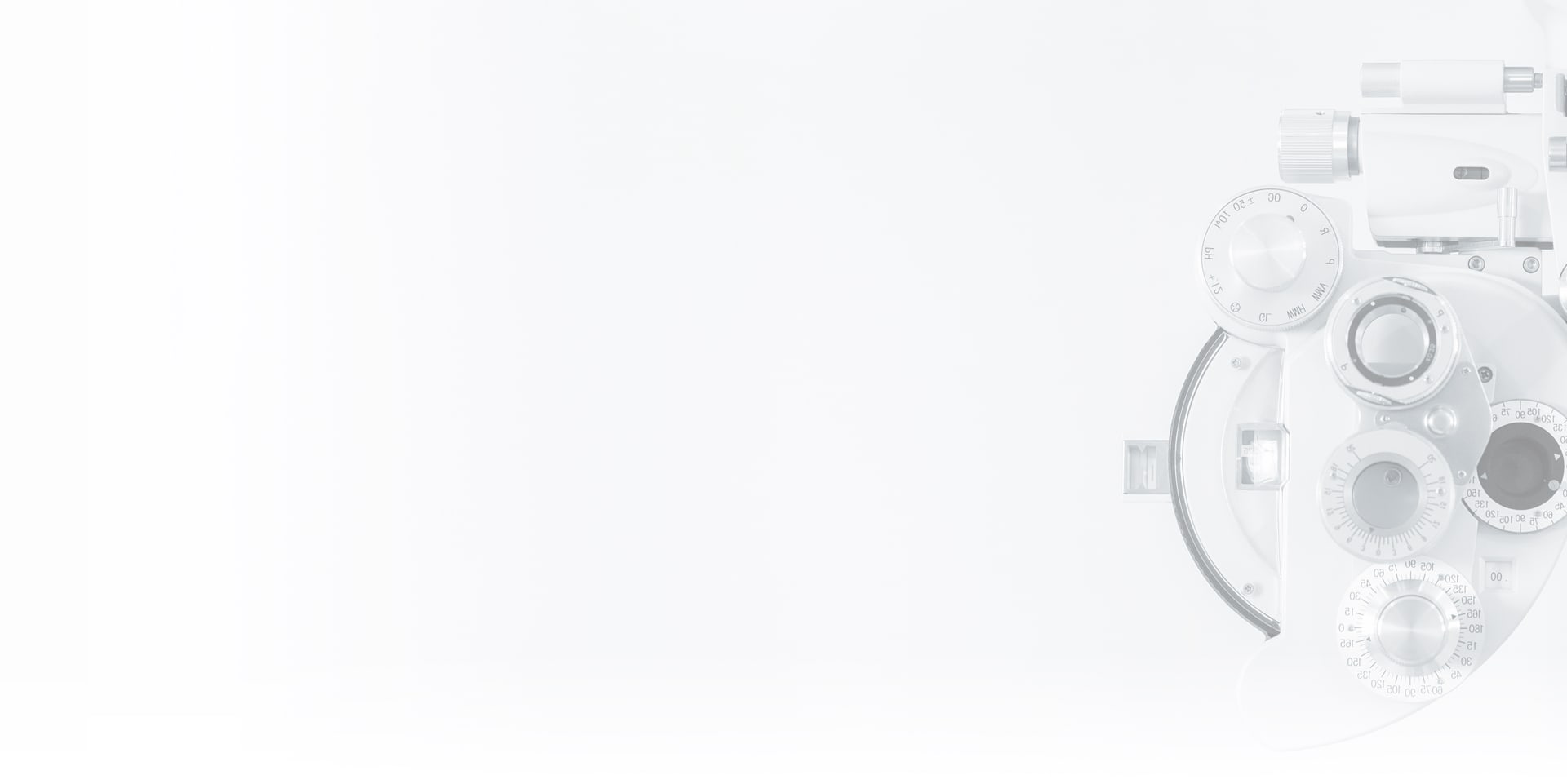
Our Blog

The signs your child might need glasses often appear as small physical habits, like squinting to see or tilting their head, changes in their behaviour, and even difficulties with schoolwork. […]
Read More… from Glasses for Kids: Signs Your Child Might Need Them
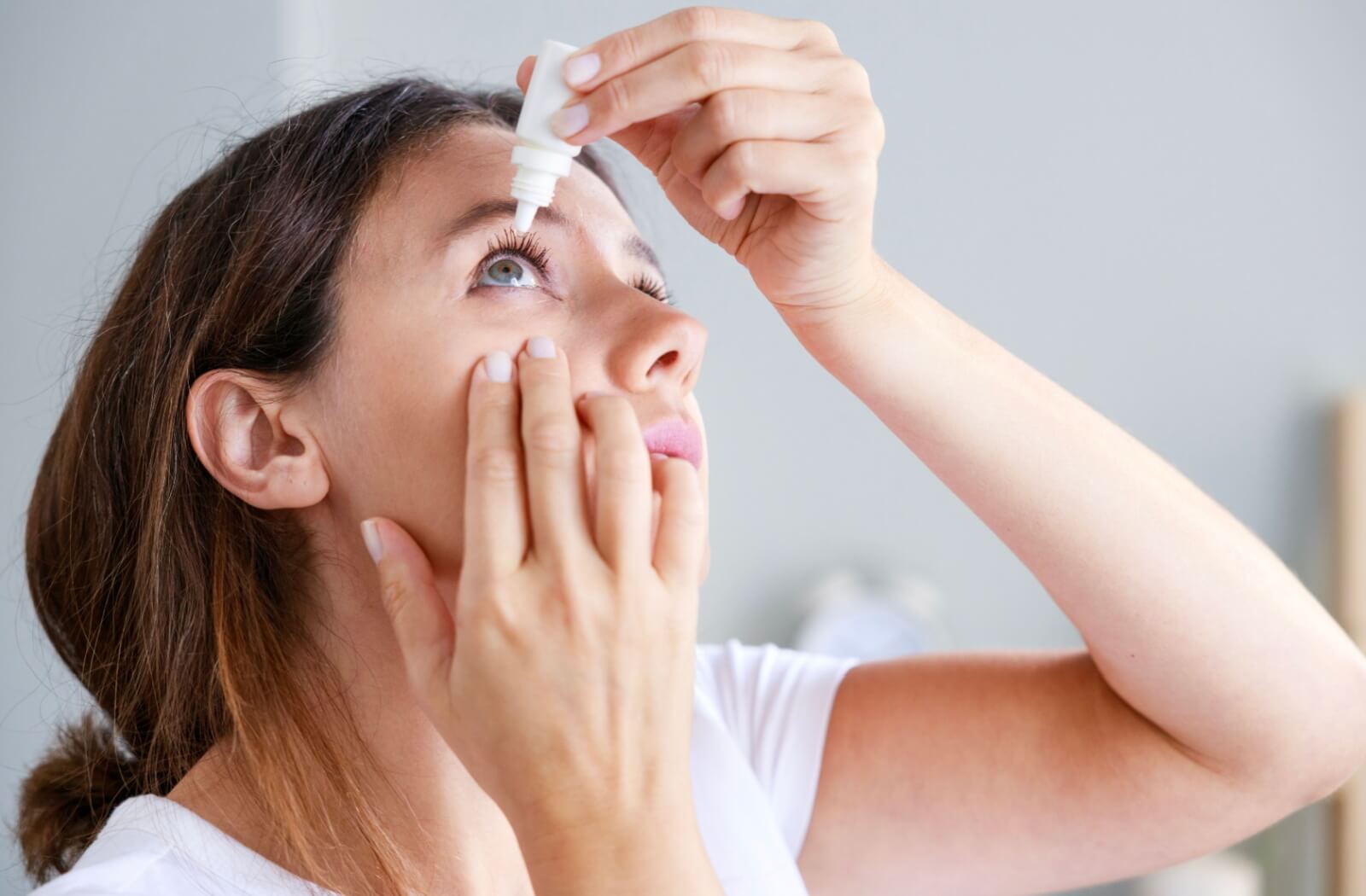
The right eye drop for you depends on the source of your discomfort and the reason your eyes are dry. […]
Read More… from What Eye Drops Are Best for Treating Dry Eyes?
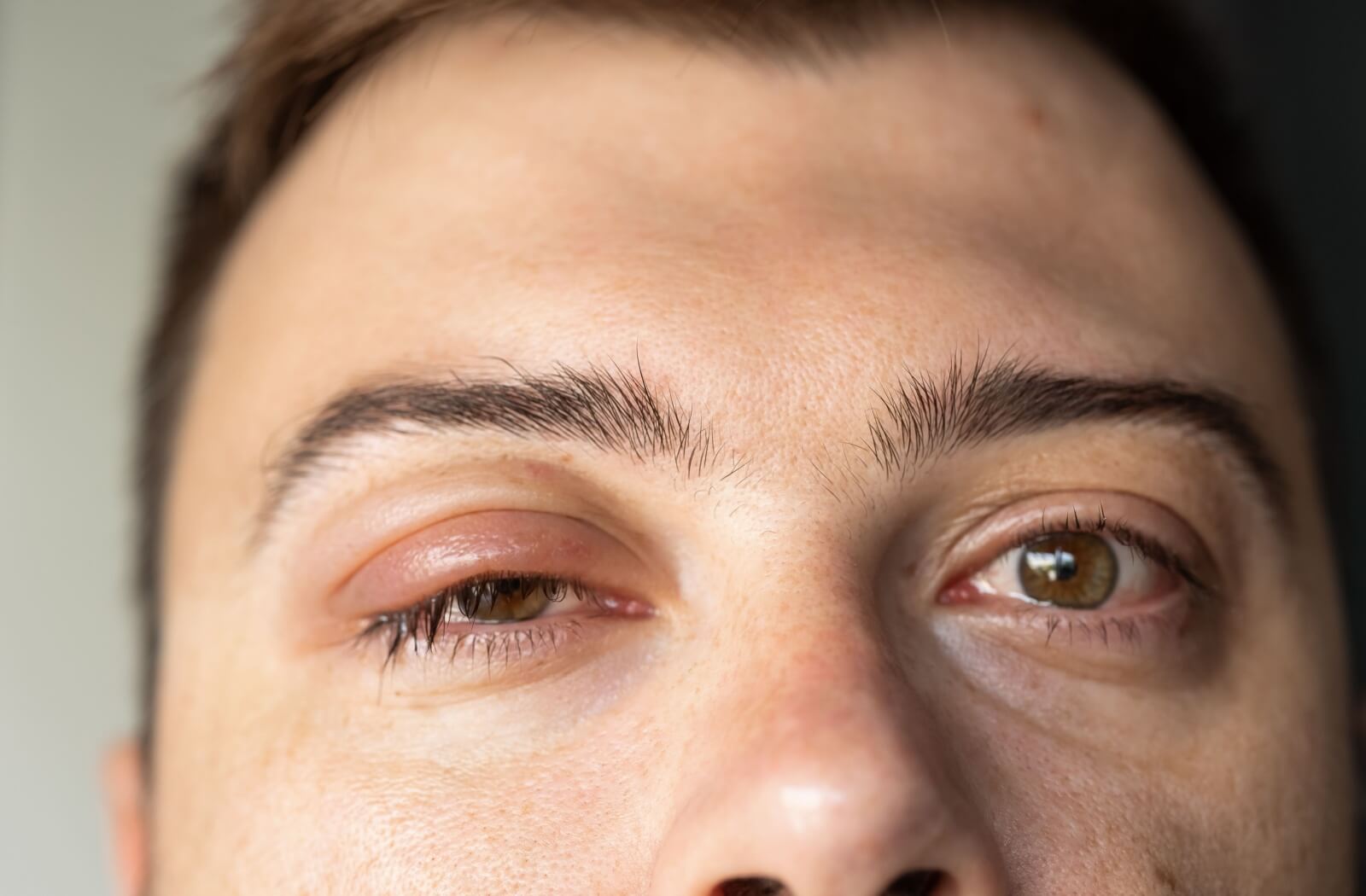
The safest way to treat a bacterial eyelid infection involves a combination of gentle at-home care and, when necessary, professional diagnosis and management from your eye doctor. […]
Read More… from How to Treat a Bacterial Infection on the Eyelid Safely?


